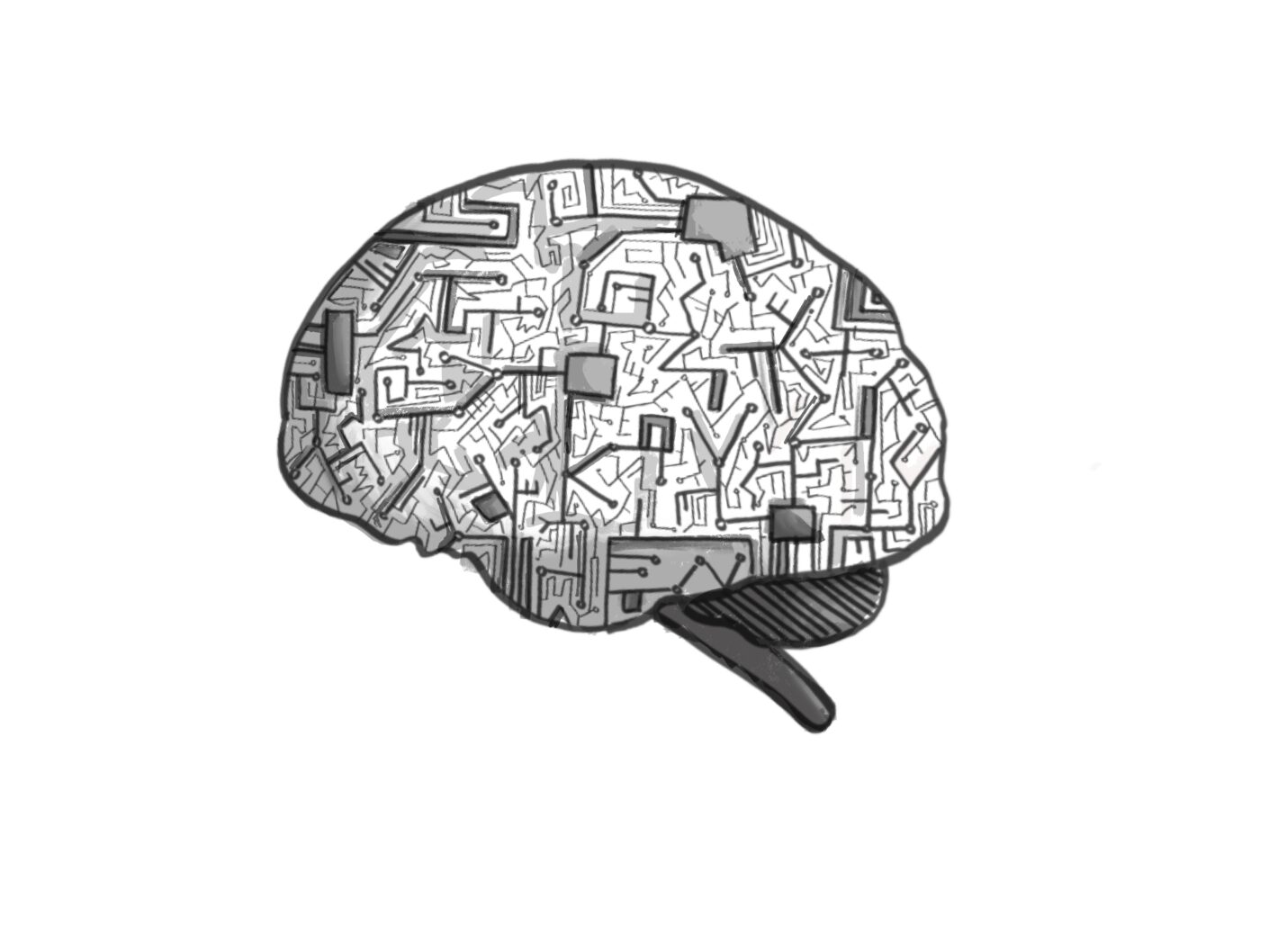Across Canada, 1.6 million children face mental health issues in an ongoing crisis which is exacerbated by a shortage of mental healthcare professionals. Given the potential benefits of artificial intelligence (AI) in diagnosing, preventing, and treating mental illnesses, some people are turning to AI for solutions. But should the future of mental healthcare go digital?
Professors in McGill’s Department of Family Medicine, Samira Abbasgholizadeh-Rahimi and Mark Yaffe, along with Master’s student Pooria Ghadiri, explored this question by consulting with some of Montreal’s primary-care physicians (PCPs).
According to Rahimi, investigating how AI affects adolescent mental health is an important but under-researched topic.
“I believe adolescent mental health is a very important issue that’s not properly studied, specifically when it comes to the intersection of adolescent mental health and the use of advanced technologies like [AI],” Rahimi explained in an interview with The Tribune. “There are different areas that we can look into [regarding AI] in terms of prevention, […] in terms of identification, or high-risk populations.”
Before beginning their research process, Rahimi inquired with the Jewish General Hospital about implementing AI in mental healthcare. She wanted to determine if AI could improve treatment plans for adolescents by addressing the challenges clinicians face when treating them.
“We discussed a lot about the no-shows of adolescents, difficulty of building trust [with patients] to share [medical] information, helping young adults [stick with] their treatment, as […] there is low adherence to these medications sometimes,” Rahimi explained.
Yet despite AI’s promises of a novel solution, PCPs are largely uncertain about the idea.
“I think it’s important to recognize that in healthcare, things tend to be very much oriented to evidence-based practices and evidence-based outcomes,” Yaffe said in an interview with The Tribune. “There is still a lot of concern about the ability of AI to deliver the goods in a way that is acceptable to doctors, patients, society, and our regulatory bodies.”
He punctuated his point by stating that there is no research that identifies “the single best” AI that can diagnose a patient.
“Remember that mental health is an extremely broad area for diagnosis, and we’re dealing with depression, anxiety, psychosis, drug abuse, suicidality, and the list goes on,” Yaffe said.
Rahimi also stated that current data laws limit AI capabilities in healthcare. However, she is hopeful for a paradigm shift as public education about AI potential increases.
“I’ve been presenting [AI in healthcare] in different seminars and webinars in terms of its potential, and in a majority of my presentations, I get at least one question in terms of how dangerous these devices are, if there are going to be killer robots in the future,” Rahimi said. “I think there is a lot of need for increasing awareness among the population […] so they can have a better understanding of what AI is.”
There are also restrictions found at the clinical level, as Yaffe explained that Canadian medical colleges, like the Collège des médecins du Québec, set standards of care by looking at physician practices to assess their validity.
“[Medical colleges] look at what outcomes the physicians get from whatever it is that they’re doing. They seek feedback from society at large about acceptability.” Yaffe said. “I think that one has to ask, before saying ‘Let’s put this into action,’ ‘What are the concerns?’”
By holding healthcare to high standards, physicians can maintain public trust in their work. While AI shows promise, both Rahimi and Yaffe conclude that more research and education must be done before it can be accepted by not only the public but also medical regulatory bodies.
“Our research was an attempt to learn more about what Montreal [PCPs] understood about the potential use of AI in the assessment of adolescents’ mental health care,” Yaffe explained. “Varied expressions of both enthusiasm and caution suggest these physicians will approach AI with the same responsibility they employ with constantly evolving technologies and treatments.”









